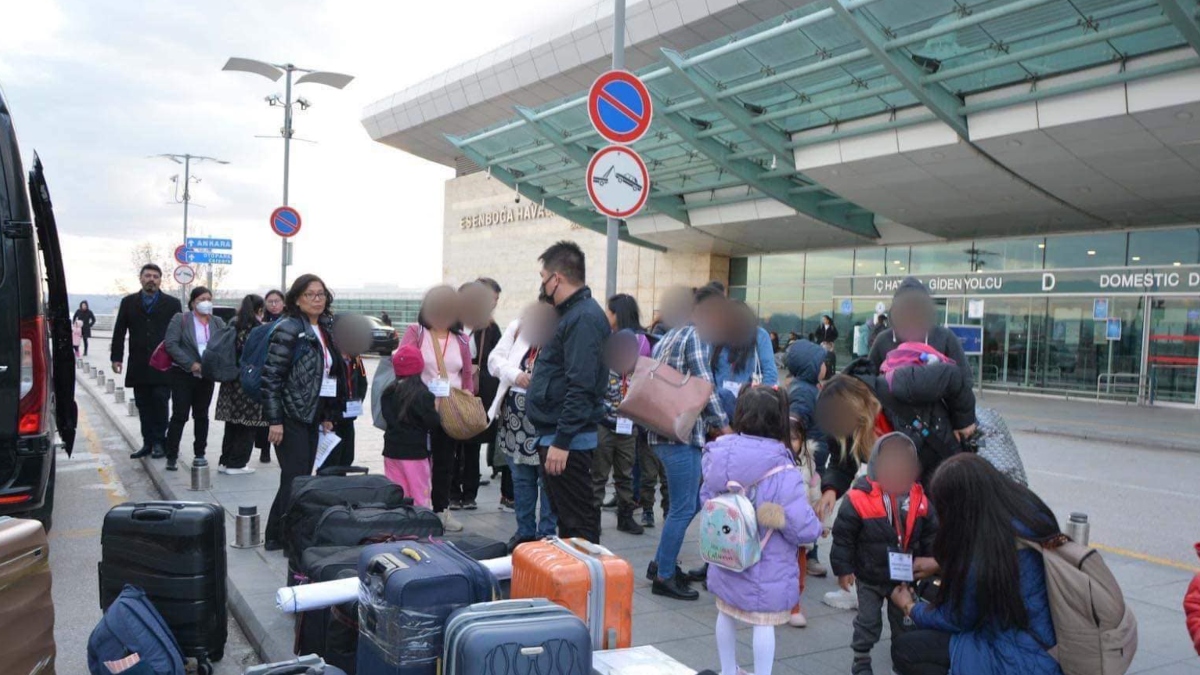The Inter-Agency Council Against Trafficking (IACAT) unveiled new departure protocols this Tuesday for Filipinos intending to travel overseas. The revised procedures, titled the “2023 Revised IACAT Guidelines on Departure Formalities for Internationally-Bound Filipino Passengers,” were adopted to combat rising human trafficking trends while ensuring that Filipinos’ right to travel remains unhindered, as stated by the Department of Justice (DOJ).
As per the new stipulations:
- All departing Filipino passengers will undergo immigration checks, showcasing essential travel documents like valid passports, boarding passes, required visas, and relevant return or roundtrip tickets.
- Immigration officials are directed to interview travelers about their travel intentions and may ask for additional documentation.
- Passengers providing counterfeit or tampered travel documents or those avoiding the primary inspection might have their departures postponed or might be directed for further scrutiny.
The DOJ spokesperson, Mico Clavano, commented on the developments, emphasizing that the goal is not to make travel more tedious but to shield Filipinos from potential human trafficking threats. Clavano added, “This is not curtailing the right to travel but is a policy enforcement aligned with our cultural beliefs, aiming to protect Filipinos.”
For those traveling on sponsored voyages:
- When the sponsor is a direct relative, travelers need to present an original Philippine Statistics Authority (PSA) birth or marriage certificate. They also need to provide their sponsor’s valid passport, work visa or permit, and other necessary documents.
- If the sponsor is related up to the fourth civil degree, travelers must produce an original affidavit of support and guarantee alongside an original PSA birth or marriage certificate displaying their relationship with the sponsor.
- For sponsors unrelated to the traveler, the Bureau of Immigration (BI) mandates presenting other relationship proofs, including photos or any pertinent documents.
BI spokesperson Dana Sandoval shared insights into the additional required documents, emphasizing the significance of ascertaining the sponsor’s authenticity and whether they have sponsored others in the past.
Beginning in the first week of September, these guidelines will be in force.
Addressing concerns regarding prolonged airport queues, Clavano reassured that the document validation process would remain brief, estimating about 45 seconds per traveler. Sandoval added that only a minuscule 0.6% of passengers have encountered travel deferments and expressed plans of introducing “green lanes” to expedite the immigration process.
In collaboration with the Manila International Airport Authority (MIAA), the BI intends to widen immigration areas by year-end. One of BI Commissioner Norman Tansingco’s primary goals is to introduce green lanes, facilitating frequent travelers, OFWs, and ICR cardholders, and integrating more e-gates in both arrival and departure zones.
IACAT’s member bodies encompass the DOJ, BI, Department of Social Welfare and Development, Department of Education, and the Department of Foreign Affairs.






